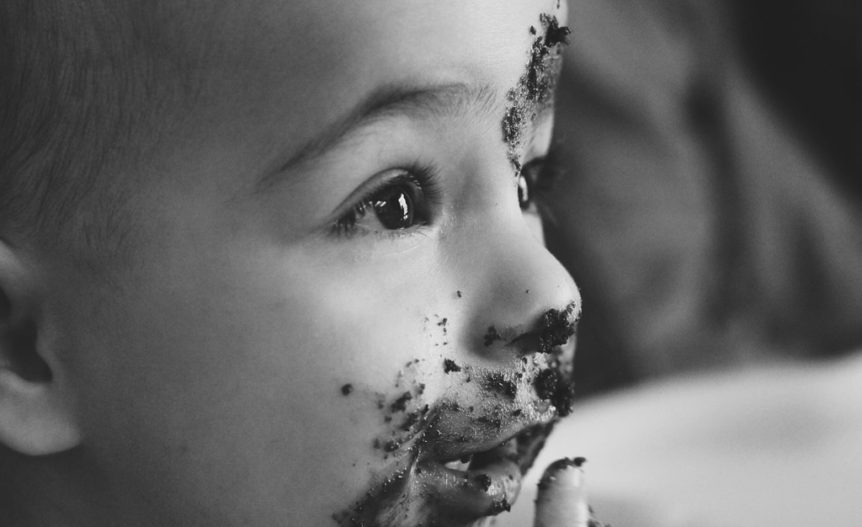I’m a fan of making comments to children rather than asking questions. I call it ‘teaching’ (commenting) rather than ‘testing’ (questioning). By commenting, I mean making statements. It could be that you take on a role like a commentator of a sports event and you say what is happening as it happens: “It’s time to go out,” “I’m putting my shoes on.” You can also say what you can see: ”Here comes a plane!”
Comments are usually best limited to around the same number of words that a child is able to say themselves. I mean, it’s best just to say “plane” with a point if your child is not talking much yet. A child is more likely to ‘tune in’ to you if it’s a level they can understand and potentially copy.
Questions aren’t necessarily bad. It’s just that as adults, we tend to ask kids a lot of questions. Like, A LOT. Consider when you first meet a child… often the conversation goes a bit like this:
“Hi, what’s your name? How old are you? What school do you go to? Do you like school?” etc.
Younger children might be ‘playing’ with an adult and hear “what’s that?”, “what are they doing?” or ‘reading’ with an adult “who’s that?”, “where’s the…” It’s better that children hear the modeled speech and language of the vocabulary and concepts within their world. That’s where you come in with commenting to them!
Comments mean children hear good speech and language.
Comments mean children learn about your world.
Comments mean children don’t feel interrogated.
Comments mean they are more likely to add their own comment (i.e. carry on a conversation) rather than a yes/no/grunt/short answer in response to a question.
If you have children that you pick up from kindy or school, try making comments “I got stuck in traffic today because ….,” “I went to the fruit and vege shop and found some passionfruit for afternoon tea,” “My office had new carpet laid and it looks really clean now,” “I burnt the waffles because I forgot about them while writing a blog post (true story 😉 ). These comments might not inspire more conversation, but what I’ve found is that the competitive nature kicks in with children and they are often more likely to say something that happened in their day or something they heard about (without having to directly ask them!). And even if they don’t, they’re hearing great conversation starters and language!
I’ve found making comments to be one of the most powerful ways to engage children and build their language. Try listening in to how you are speaking to children and experiment with making more comments.

